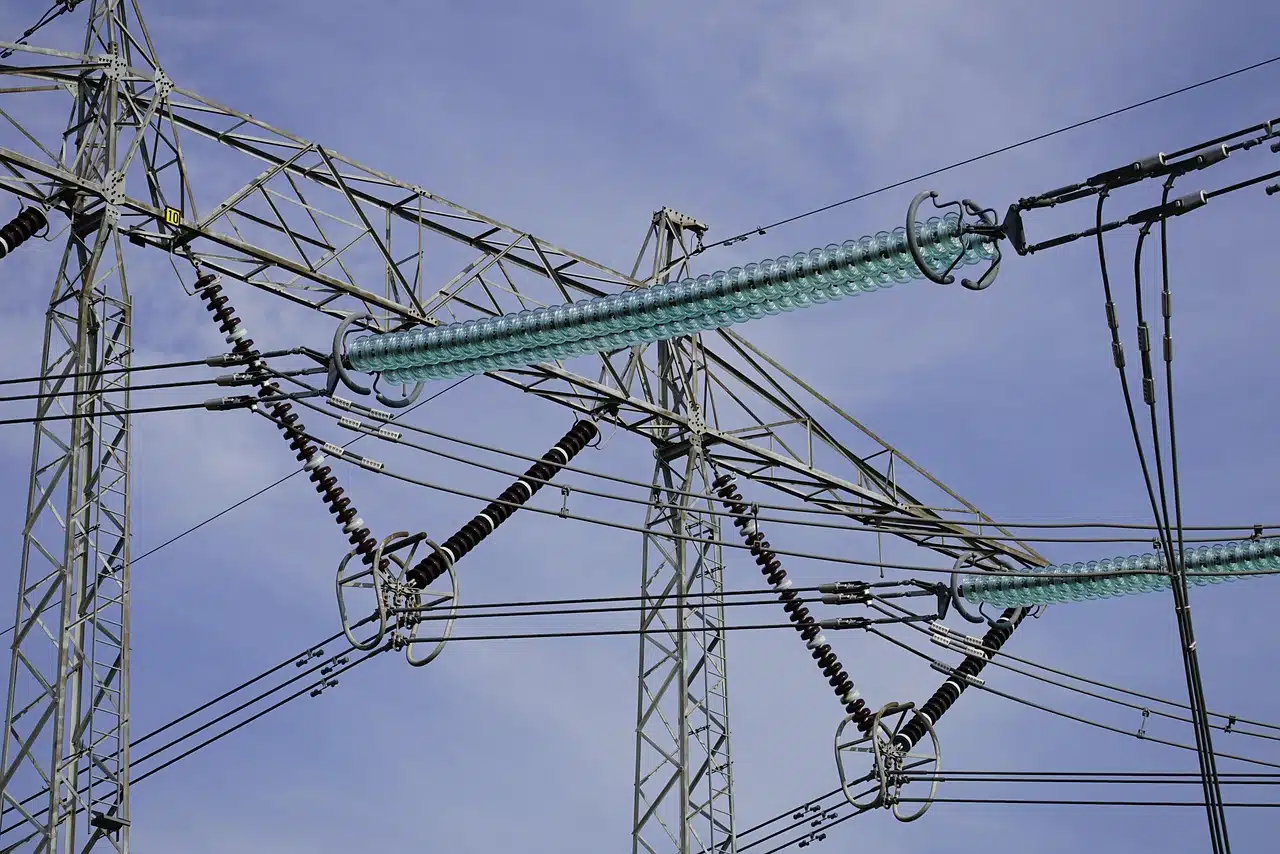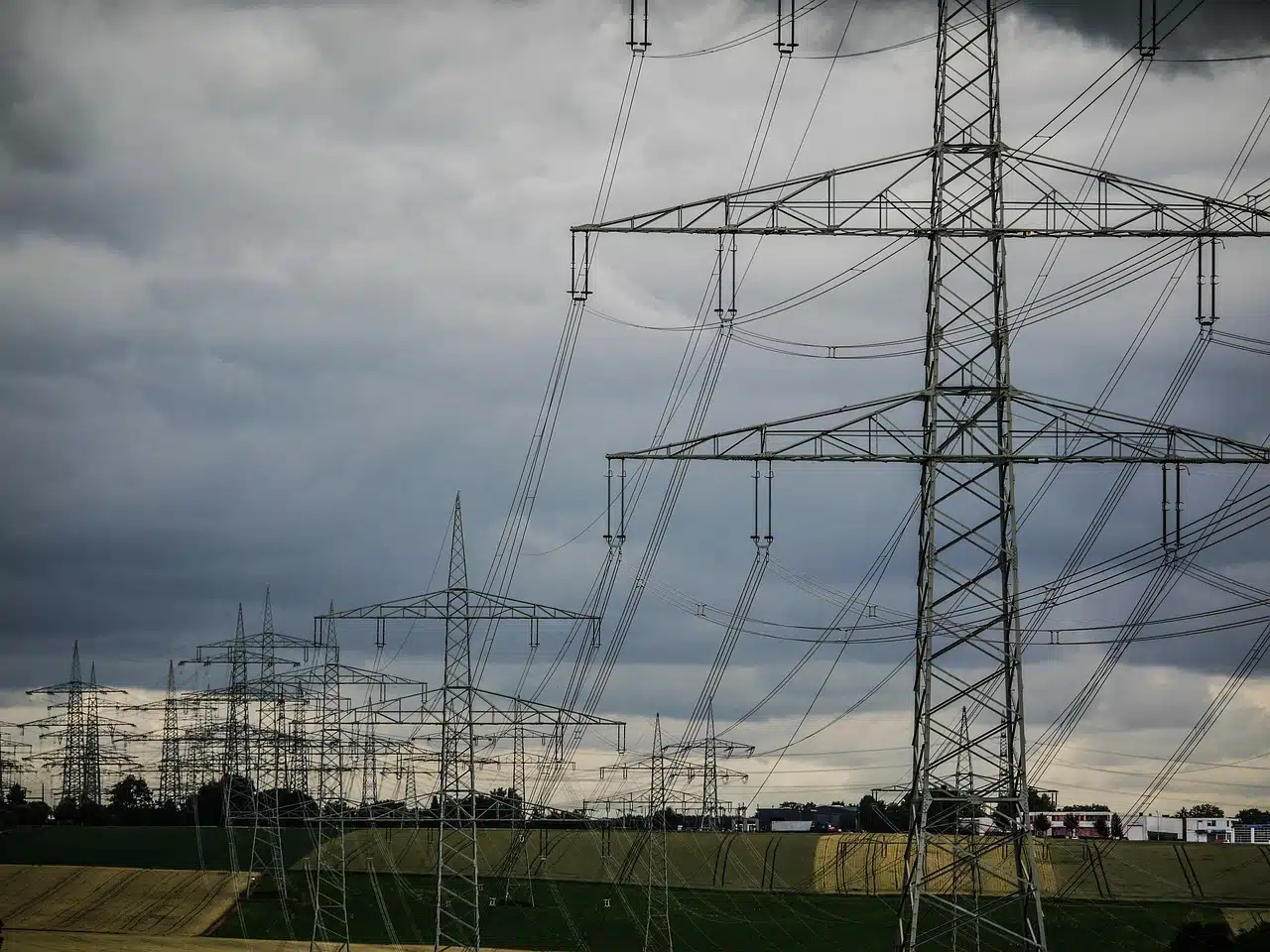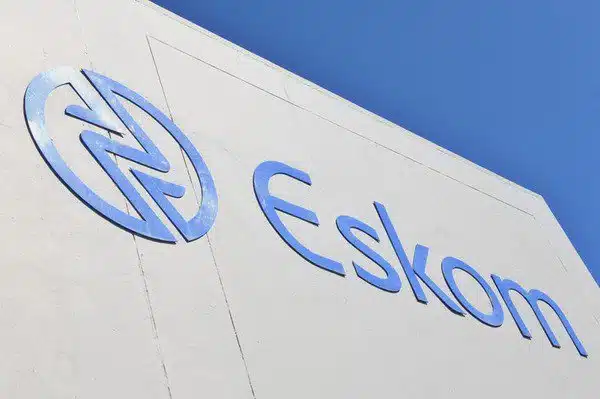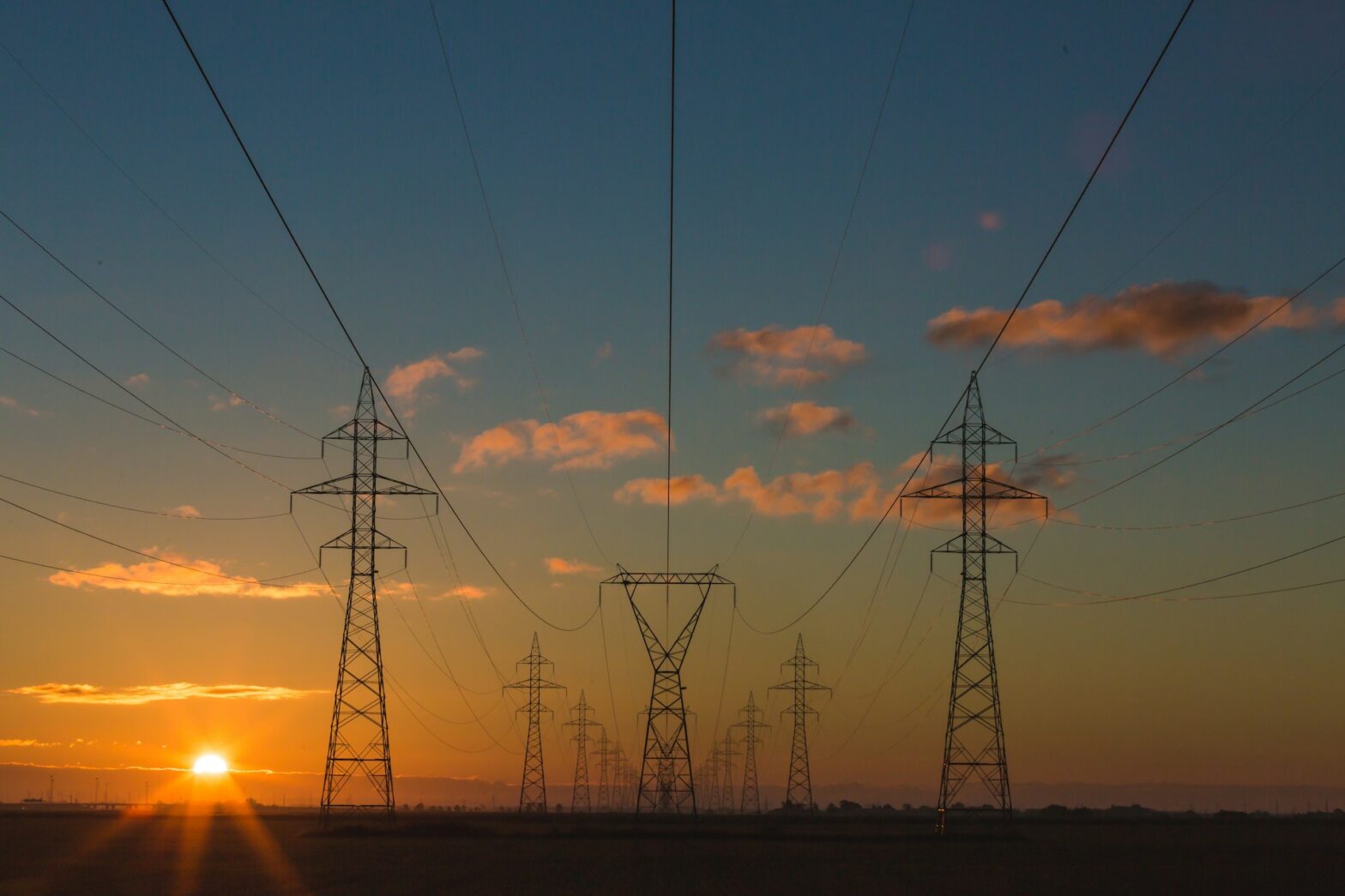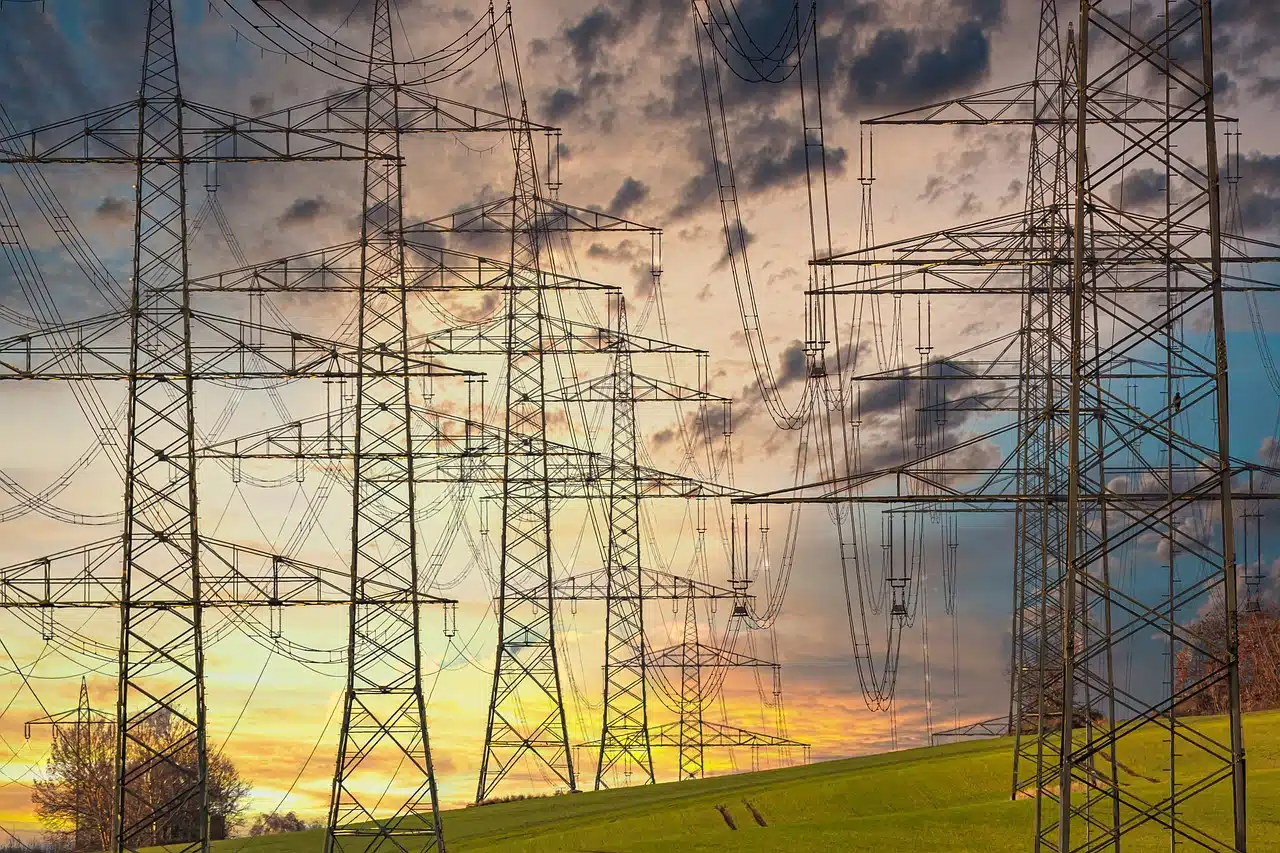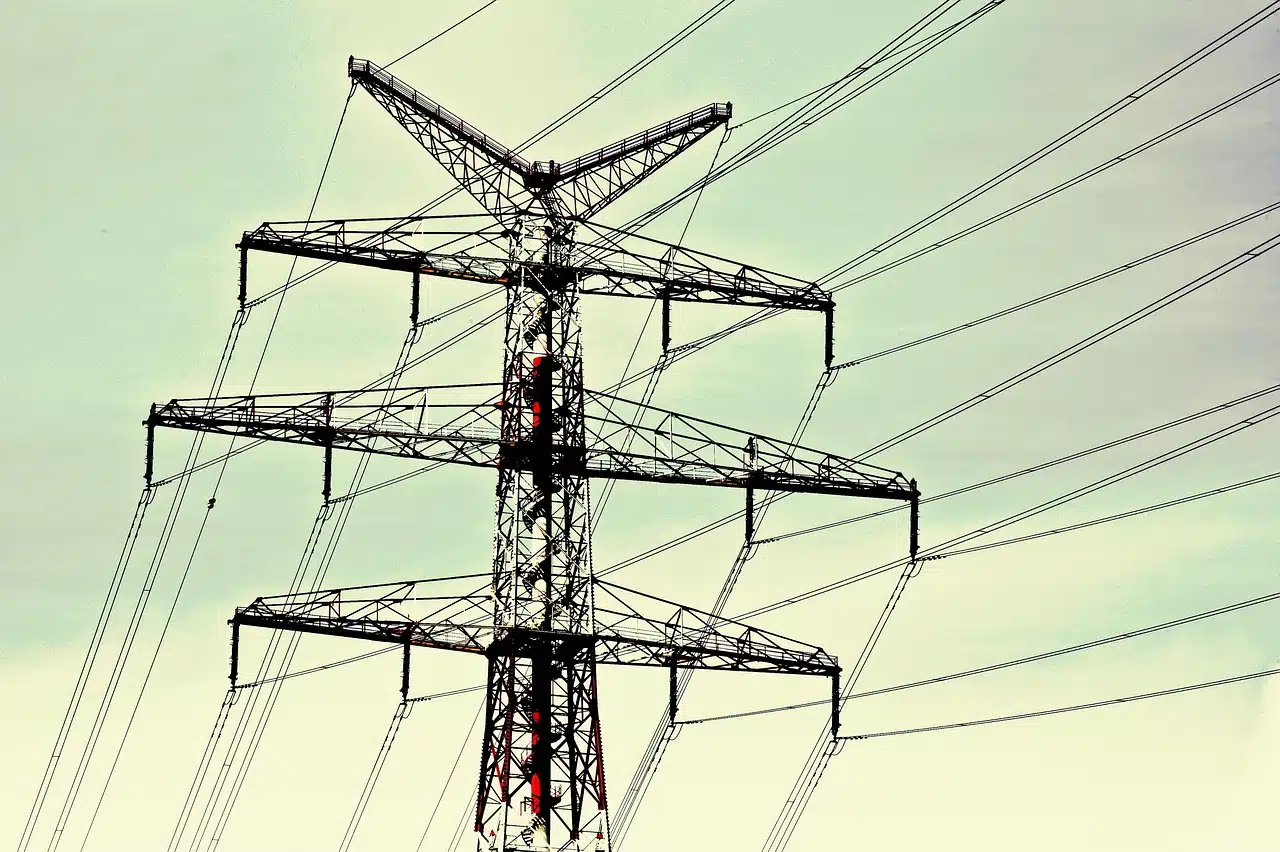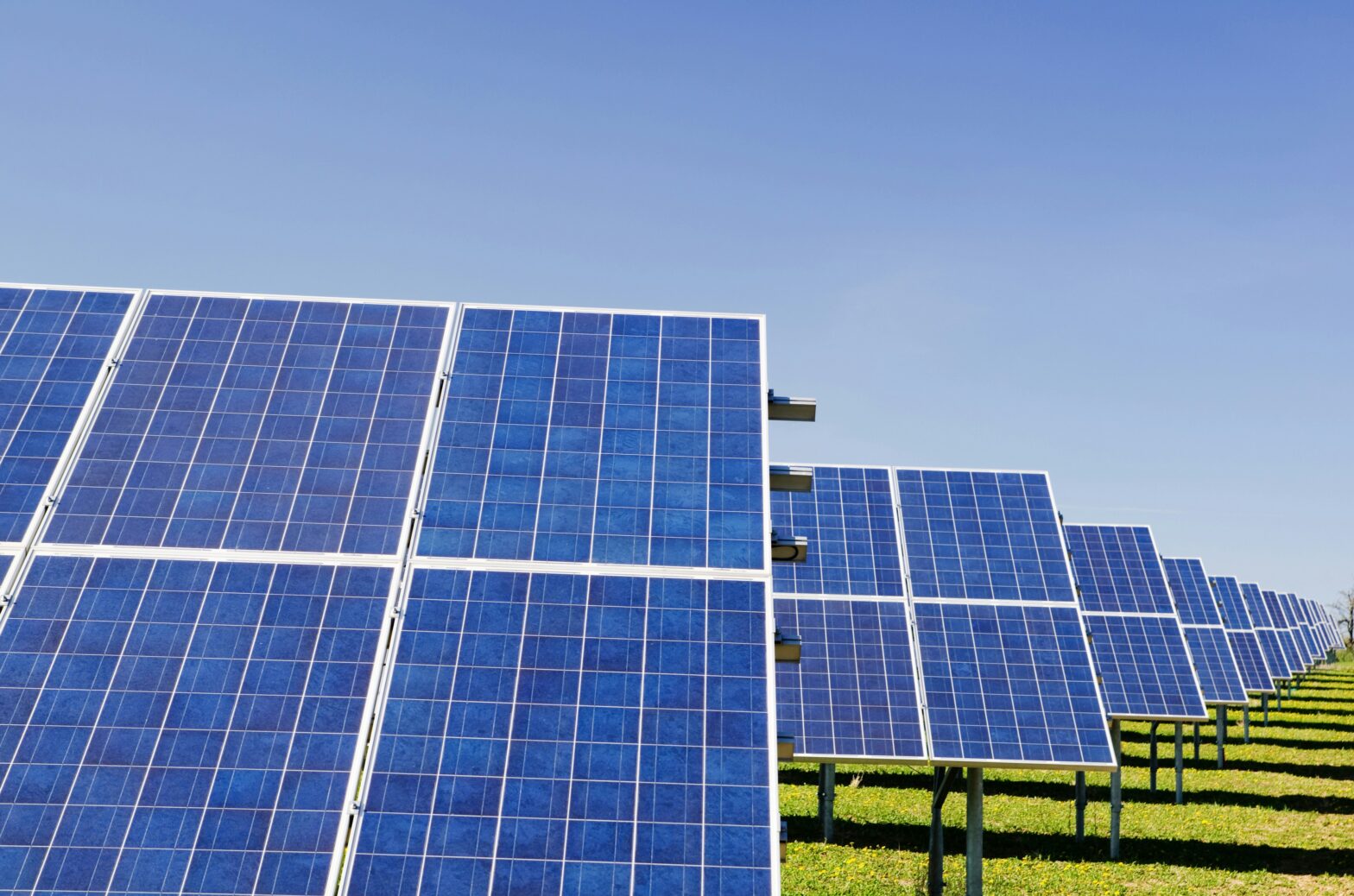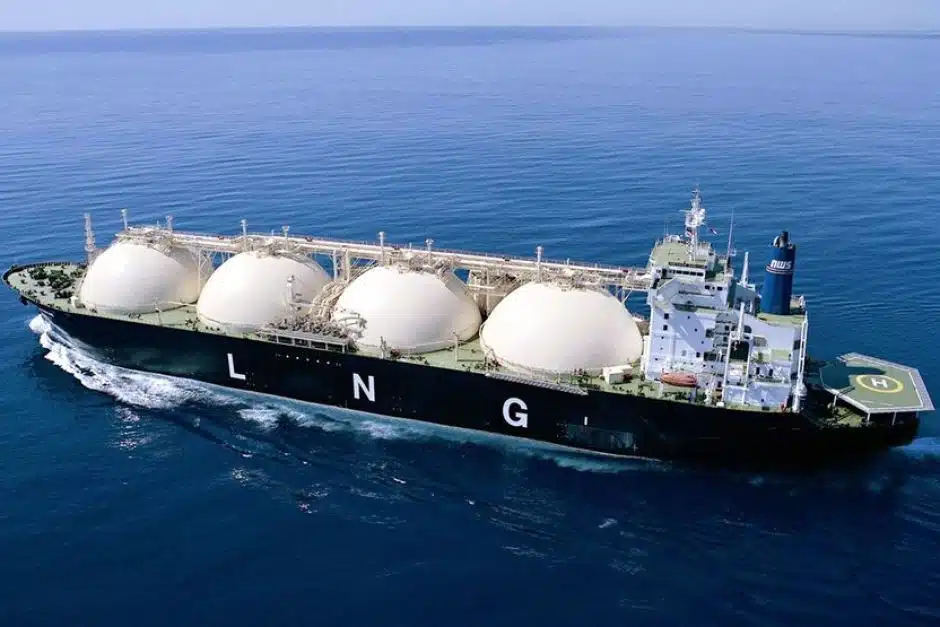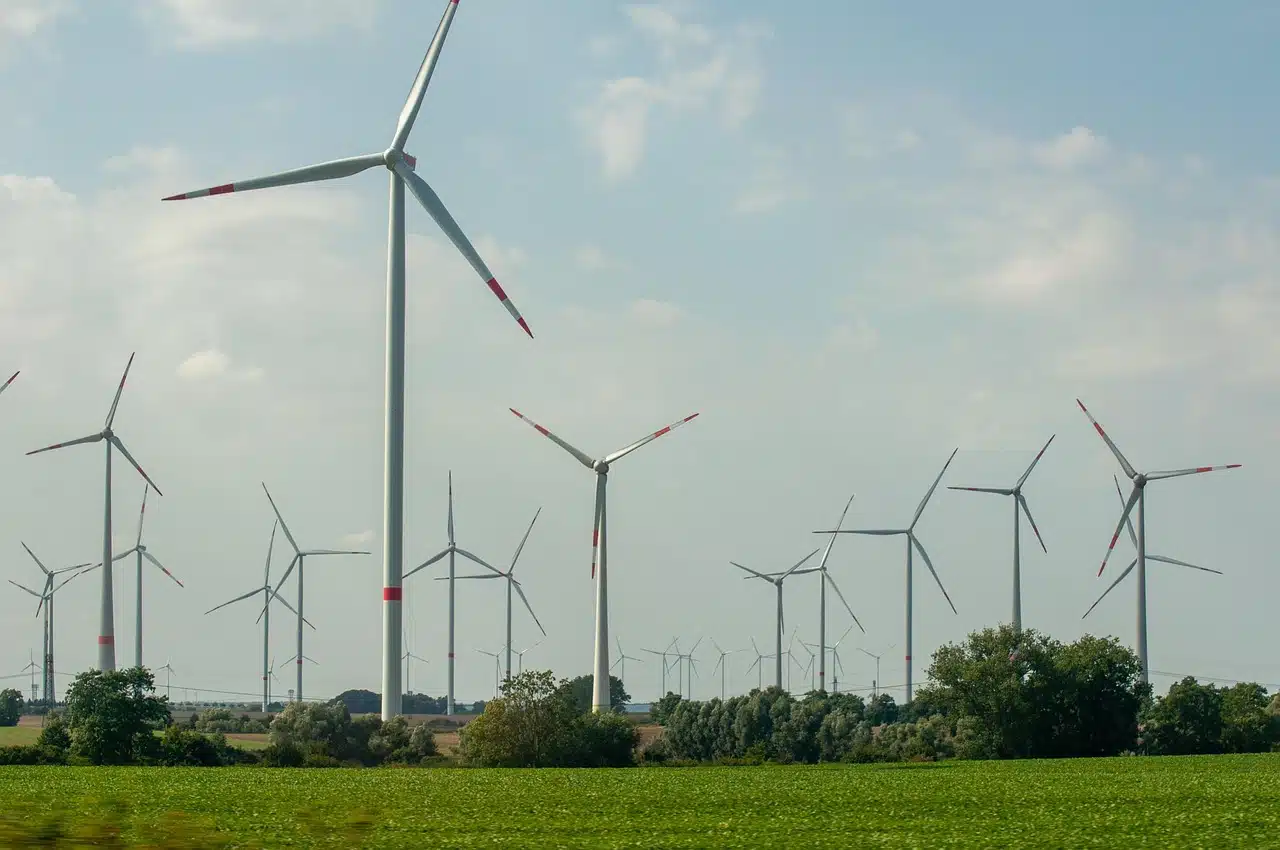East African country, Kenya, has launched its very first Battery Energy Storage System (BESS) to supply uninterrupted renewable power to its modular data center in the nation’s capital, Nairobi.
In a press statement on Tuesday, the state-owned Kenya Electricity Generating Company (KenGen) said the 1.16 megawatt-hour (MWh) battery energy storage system (BESS) marks a new frontier in Kenya’s long-term green energy strategy.
Speaking at the launch ceremony at the company’s Nairobi headquarters, KenGen’s Managing Director and CEO, Peter Njenga, said, “This commissioning marks a crucial step in our journey toward a low-carbon, digitally resilient future.
“By integrating battery storage into our data infrastructure, we are not only reducing our carbon footprint but also showcasing how energy utilities can lead in sustainable innovation.”
The newly installed BESS will serve the company’s 52-kilowatt Modular Data Center (MDC) at its head offices in Nairobi, a facility comprising 356 U-spaces, purpose-built to support KenGen’s growing digital infrastructure.
The storage system is designed to guarantee stable electricity even during periods of low grid demand, underscoring the role of battery technology in enhancing energy resilience.
The project comes at a time when the country’s Ministry of Energy projected a $19.6 million in financial and technical resources to implement its energy projects in the next two years.
“The launch is a cornerstone of KenGen’s Good to Great (G2G) 2034 strategic blueprint, which targets the rollout of 500MWh of energy storage capacity over the next decade,” KenGen said in the statement.
“This initiative is more than a technological upgrade,” Director Njenga said.
The MDC and accompanying storage system represent a shift in how energy producers support the country’s digital transformation and energy security.
The facility is expected to serve internal operations while providing a model for how utilities can use renewable storage to meet rising computing and connectivity demands.
The BESS offers multiple advantages, including improved grid stability, energy independence, cost efficiencies, and seamless backup capabilities, which are crucial for Kenya’s electricity sector.
The BESS will go to providing idle power which state-owned utility, Kenya Power, paid $1.1 billion to KenGen and Independent Power Producers (IPPs) for in the 2023/24 financial year.

